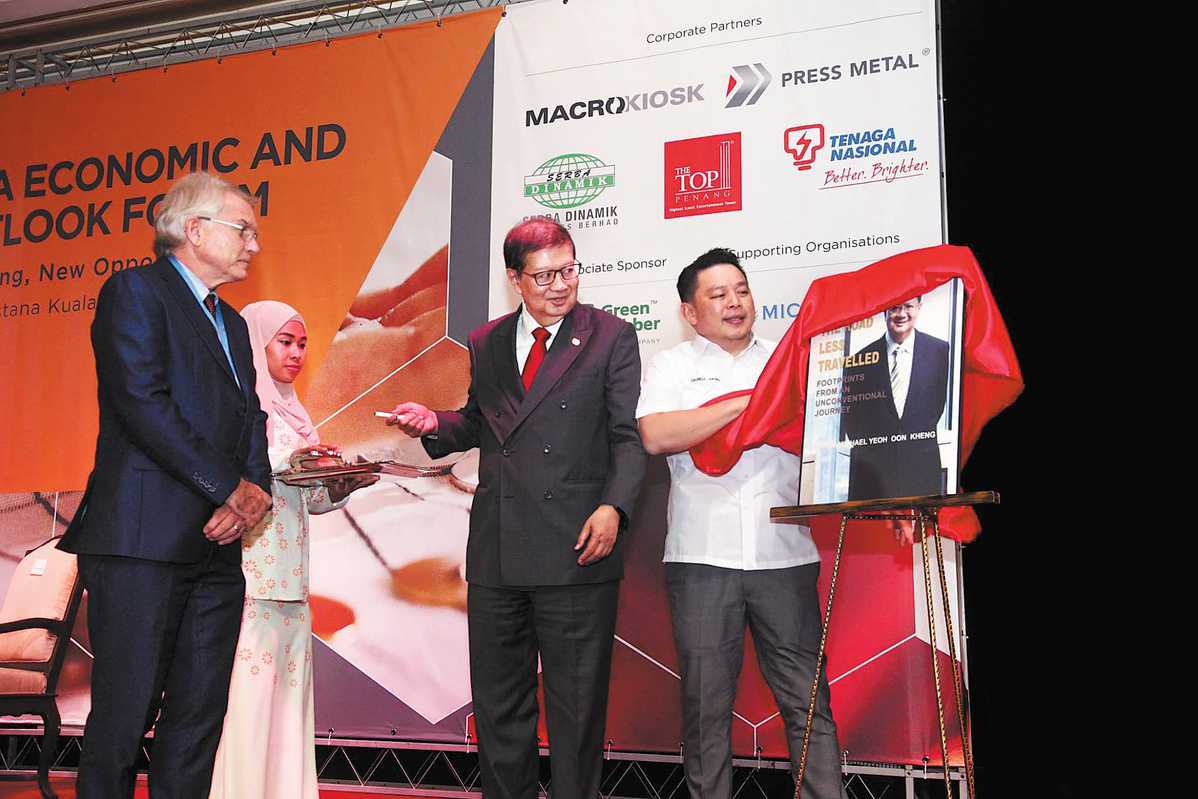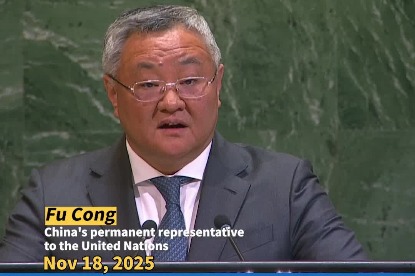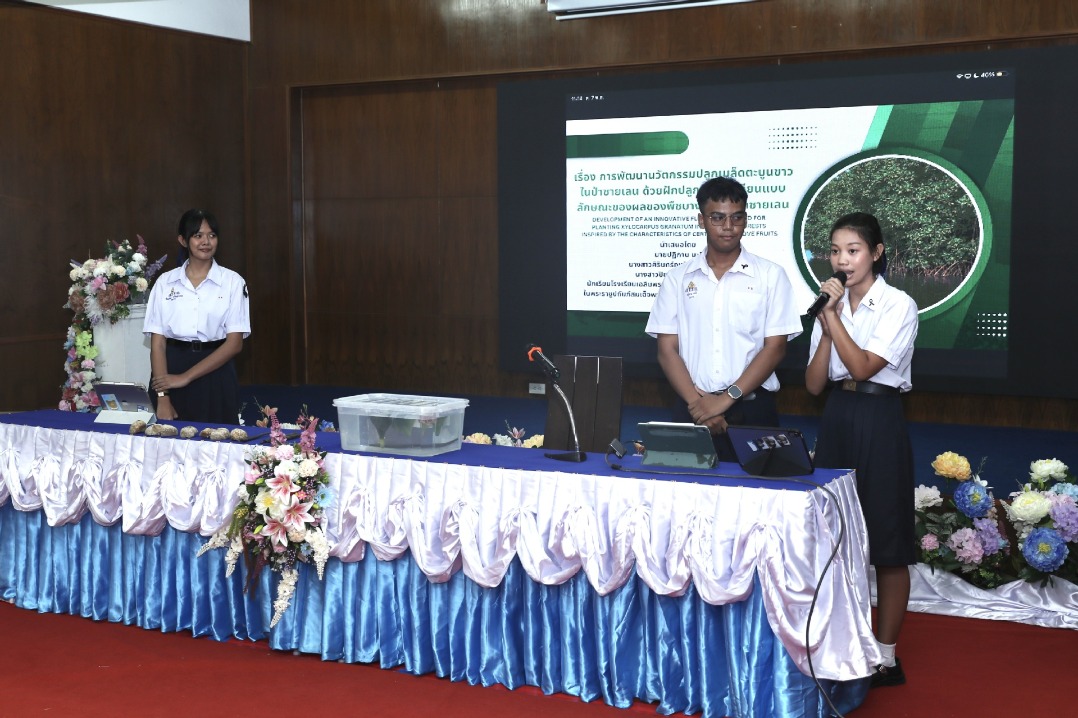Sino-Malaysian ties thrive on trust, growth
Expert highlights decades of cooperation and benefits from Beijing's development


Editor's note: As the People's Republic of China celebrates the 75th anniversary of its founding this year, China Daily asked prominent international figures to reflect on their relationship with the country and to talk of the direction in which they see it going.
When Chinese President Xi Jinping visited Malaysia in October 2013, Michael Yeoh was one of three people selected by then-Malaysian prime minister Mahathir Mohamad to join a meeting with Xi and the Chinese delegation.
"The meeting with the top Chinese leader gave me more encouragement to collaborate more with China," said Yeoh, president of the KSI Strategic Institute for Asia Pacific, a think tank in Kuala Lumpur.
As an intellectual and social entrepreneur, Yeoh regularly meets world leaders and prominent figures on the global stage. His deep insight into various topics is rooted in more than 30 years of strategic analysis on economic and political issues.
Yeoh was previously the co-founder and CEO of the Asian Strategy and Leadership Institute in Malaysia. He also serves on the general committee of the Malaysian International Chamber of Commerce and Industry.
Yeoh has held several key positions, including as Malaysia's representative to the Association of Southeast Asian Nations' High-Level Task Force on Connectivity, a member of the National Unity Consultative Council, and the Malaysia Competition Commission. He was also appointed to the advisory board of the Malaysian Anti-Corruption Commission by the government.
As this year marks the 50th anniversary of diplomatic relations between China and Malaysia, the KSI Strategic Institute for Asia Pacific partnered in May with China Daily and the Malaysia-China Business Council to co-organize the Malaysia-China Commemorative Forum in Kuala Lumpur.
The forum brought together nearly 300 high-profile delegates from the political, business and academic sectors of the two countries.
Speaking at the forum, Chinese Ambassador to Malaysia Ouyang Yujing said the event was both timely and highly relevant to the future development of both countries.
"It provides a great platform to exchange views on important issues concerning the two countries' future development," Ouyang said.
Yeoh said he was satisfied with the forum's outcomes, emphasizing its value in reflecting on the past 50 years of collaboration and drawing lessons to guide future progress.
As a fourth-generation Malaysian Chinese, Yeoh was born in 1952 in Kajang, a town in Selangor that has become a thriving area just 20 kilometers south of Kuala Lumpur.
With his family's roots in East China's Fujian province, Yeoh still speaks some of the area's Hokkien dialect, though he never had the opportunity to learn Mandarin.
"I regret that I did not study Mandarin, so a few years ago I tried to study pinyin, but after a while I forgot it because I didn't have enough practice," Yeoh said.
In 2009, Yeoh co-founded the World Chinese Economic Summit with Lee Kim Yew, founder of the Country Heights Holdings Berhad company and the first chairman of the Malaysia-China Business Council.
Noting the pivotal role of the Chinese diaspora in the development of many Southeast Asian countries, Yeoh highlighted their global presence and contributions, saying it is important to provide them with a platform to exchange views and explore avenues for cooperation.
Yeoh said overseas Chinese have made great contributions to China's economic modernization, echoing sentiments shared by Lee, who said, "Overseas Chinese businesses are a barometer for world economic development and changes."
The World Chinese Economic Summit, initially held in Kuala Lumpur, has also taken place in cities such as Chongqing in Southwest China, Melbourne and London, among others worldwide. In recent years, it evolved into the Global Chinese Economic and Technology Summit to encourage global cooperation and technological partnerships in the new era.
Last year, the summit was held in Shenzhen, South China's Guangdong province. Yeoh, visiting Shenzhen for the second time, said he was impressed by the city's remarkable transformation since his first visit 20 years ago.
Shenzhen is one of the cities that best represents China's development, he said.
As the pioneering city of China's reform and opening-up policy, Shenzhen has grown from a modest border town into a global innovation hub, often referred to as China's Silicon Valley. The city is home to leading technology giants such as Huawei, Tencent and BYD, along with more than 23,000 high-tech enterprises.
" (Shenzhen) has grown so rapidly and it is the center of the new technological growth in China," Yeoh said.
Yeoh first visited China in 1993 and he has since traveled to many cities across the country, consistently marveling at their rapid growth and development.
"All the cities are very interesting, very inspiring and quite different (from one another), so I learned a lot by going to all these cities," he said.
Since his first visit, Yeoh said China has been growing phenomenally over the past three decades with remarkable changes taking place.
"China today and the China I first visited are totally different," Yeoh said. "I had the opportunity to visit many cities in China and I was impressed by the development of these places."
Recalling a trip to the Xinjiang Uygur autonomous region in Northwest China, Yeoh expressed admiration for the region's peaceful environment, which sharply contrasts with allegations of "forced labor" and "human rights abuses "often reported by Western media.
"When you read about people worrying about security and all that, I don't think that is true," Yeoh said. "The Western media has come up with a lot of wrong images of Xinjiang … it is a very nice place to visit."
Regarding the Malaysia-China relationship, Yeoh said it has been strong and stable.
































